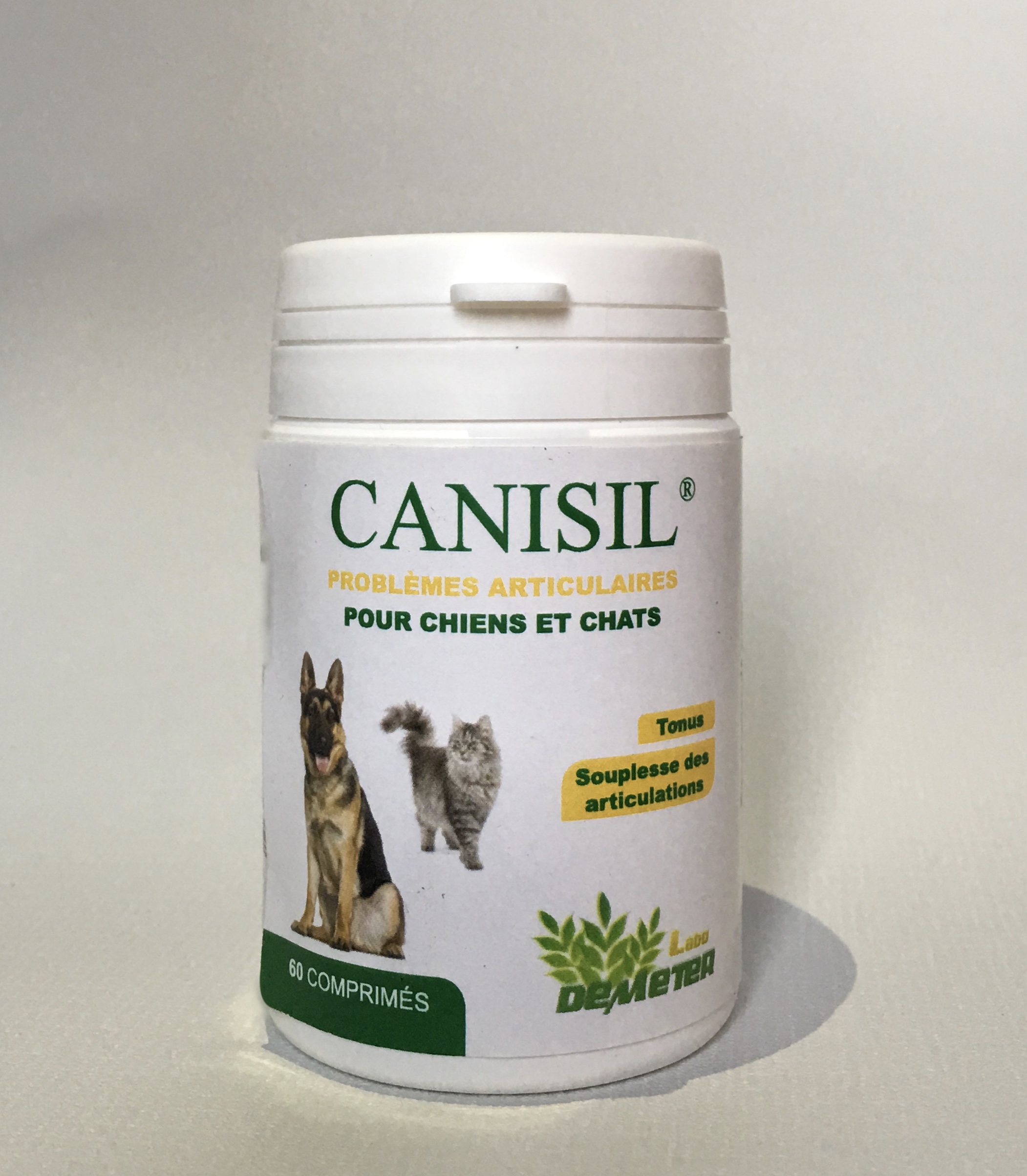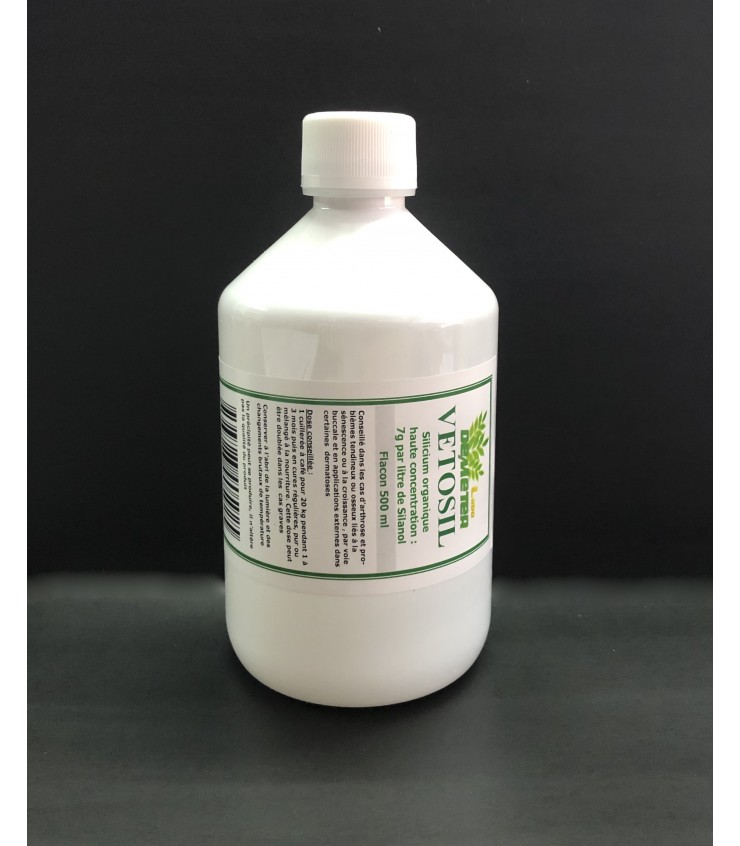Dog dysplasia is one of the ailments that often affect racy animals. Particularly painful and disabling, it must be taken care of very early in order to limit the consequences. Prevention is also a solution to consider. At Labo Demeter, you will find 100% natural products to prevent and treat your dog with dysplasia.

Natural Product for dog dysplasia
Prevention and treatment of dysplasia in dogs with natural products
A dog with dysplasia does not always show visible external symptoms, the disease being one of the so-called "progressive" conditions. Owners often do not realize their animal's condition until they start to be reluctant to play or make certain movements. Although the disease can very well be taken care of, but it should be taken as soon as possible, preventing it remains the most indicated solution, especially if your animal has genetic predispositions or if its lifestyle can lead to its appearance.
In the majority of cases, monitoring his diet and a good dosage of his physical activities are the natural prevention and treatment methods that will have no side effects on his health. Food supplements of natural origin can also be prescribed by animal health professionals, especially naturopaths. In declared cases, an anti-inflammatory may be recommended to relieve pain.
How to spot dysplasia in a dog?
Dog dysplasia is an abnormality in the development of tissue, most commonly in the hip or elbow. Since the most common cause is genetic transmission, it is important to sterilize a dog with dysplasia. However, this disease can also be caused by diet, the environment or excessive physical activity.
Dog dysplasia is difficult to detect, however, in young dogs it can result in a pronounced waddle of the hindquarters. But beware, waddling is not necessarily a sign of dysplasia, it can also simply be due to growth. A more significant symptom is the difficulty of the young dog to get up after a while in a sitting position.
In adult dogs dysplasia results in difficulty getting up and lameness after prolonged immobilization.
Treat and prevent dysplasia in dogs
When the dog is already suffering from dysplasia, functional rehabilitation can be carried out in mild cases which will lead him to strengthen his muscles and thus delay osteoarthritis which is the consequence of the disease.
In the most serious cases of dysplasia, it is necessary to go through surgery with resection of the pectineal muscle or even removal of the head of the femur. Here too, rehabilitation can help the dog. Preoperatively to soften the joint and strengthen the muscles and postoperatively to relieve pain and strengthen the dog's muscles.
If the dog is not yet affected, but has a predisposition to dysplasia, it is very important to treat it preventively. At Labo Demeter, we have developed a food supplement based on organic silicon which has already proven its worth.
Indeed, organic silicon, easily assimilated, is the second element of the mineral world and is involved in many metabolic processes and is very effective, especially in cases of predisposition to dysplasia and osteochondrosis.




